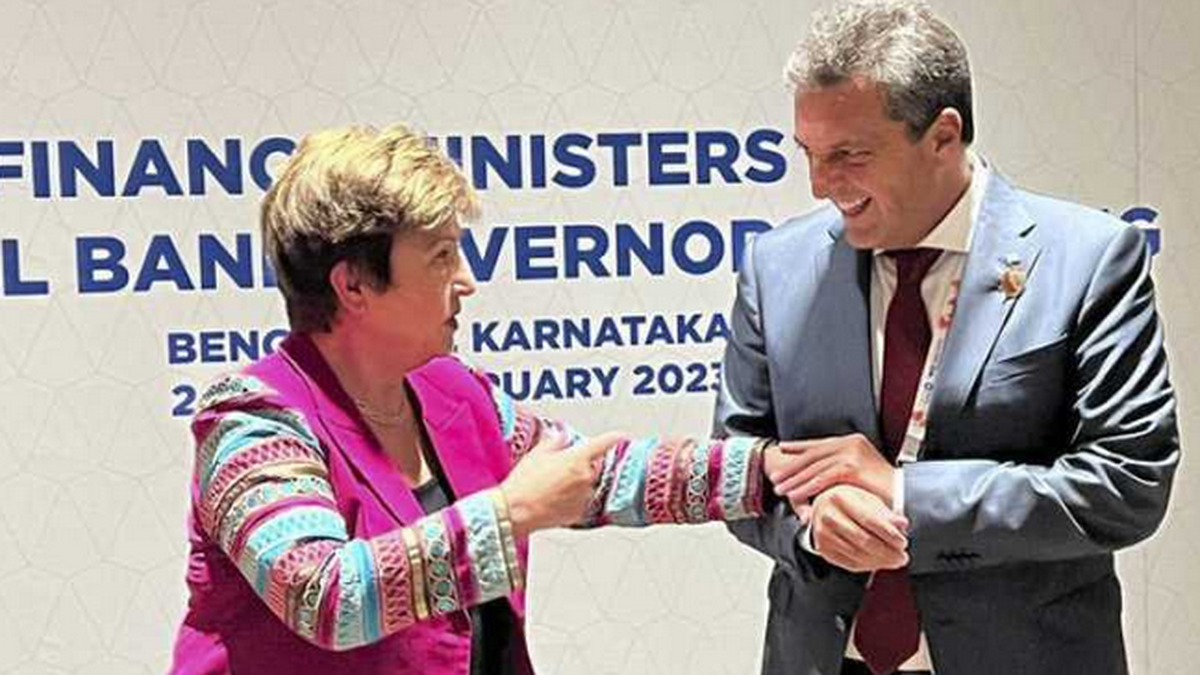According to a CESO report, this is the first real increase since July 2022. The IARAF suggests renegotiating this year’s deficit target with the IMF. It estimates a revenue loss equivalent to US$4 billion.
The expense accrued in February by the National Administration reached $1.98 trillion, with an increase of 107%, according to the Center for Economic and Social Studies Scalabrini Ortiz. The report estimates that there was a real increase of 5.4% based on the inflation projected by the Survey of Market Expectations of the Central Bank (REM). “With this, the year-on-year reduction in spending in real terms that began in July of the year is interrupted,” says the report.
The content you want to access is exclusive to subscribers.
The work suggests that “for the first time since July 2022 spending increased in real terms”, while the level of budget execution regarding authorized credits reached 11.7%, led by the Ministry of Transportation (20.3%) and the Ministry of Social Development (16.4%). The resources allocated to the Alimentar Card increased 104% and those allocated to Empowering Work by 107%.


In February, economic services, which contain subsidies, and public debt payments led the year-on-year increase, highlighting transportation subsidies for $41,558 million. While social services and government administration continue with increases below inflation.
Meanwhile, with regard to social programs, the function “Promotion and Social Assistance” reached an execution of 15%, sabove the average of 11.7%. Within this classification, the resources allocated to the Tarjeta Alimentar program increased by 104.1% year-on-year, growing in real terms.
On the other hand, Potenciar Trabajo, unlike what happened until December of last year where a real decrease in resources for social programs was perceived, continues with a real increase after an increase of 107% in February and 113% last January. . All this, despite having reduced more than 150,000 beneficiaries after the re-registration and control carried out by the ministry led by Victoria Tolosa Paz.
Regarding Energy Subsidiesthey had an accrual of $140.3 billion in February, after no transfers were registered in January. In this way, 8.3% of the annual budget was executed, of which 95% was for subsidies to CAMMESA’s electrical energy.
The Government has committed this year to reduce the level of the fiscal deficit to 1.9% of the Gross Domestic Product (GDP), a goal that looks very complicated based on the loss of exports that the drought will generate. The Argentine Institute of Fiscal Analysis (IARAF) ensures that Minister Sergio Massa should renegotiate that goal with the International Monetary Fund (IMF), in addition to the reserves. “It is considered, based on various projections, that exports could be reduced by some US$15,000 million during 2023, which would imply a lower collection of export duties for 0.4% of GDP. This loss of resources directly impacts the coffers of the National Treasury, since it is a non-shareable tax”, warns the entity. The report considers that if the lower income tax collection is added, the losses will reach 0.5% of GDP, which is equivalent to some US$4,000 million.
Source: Ambito




